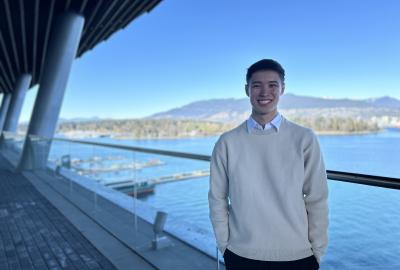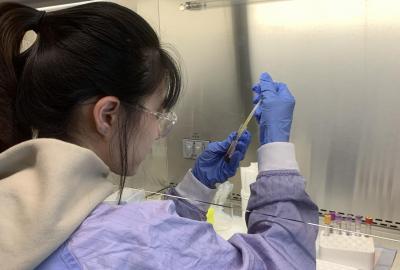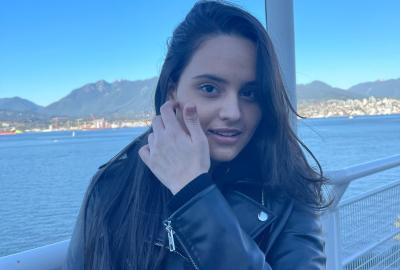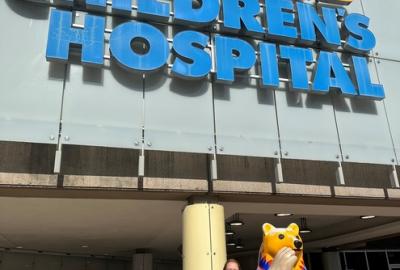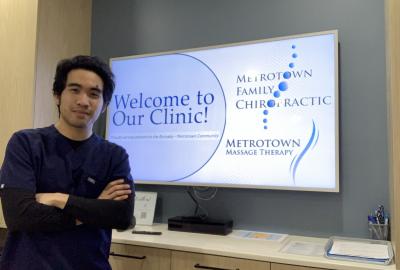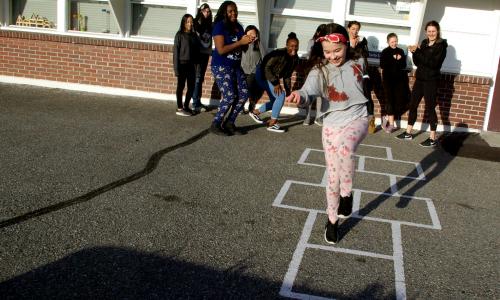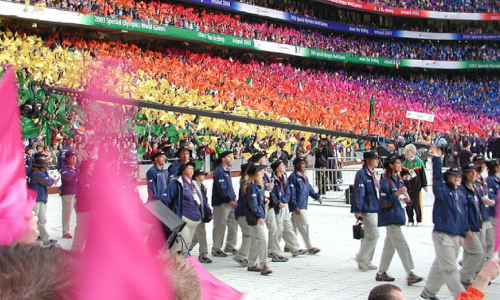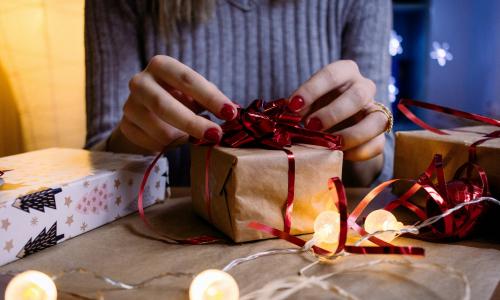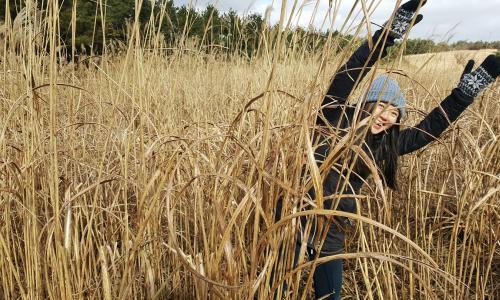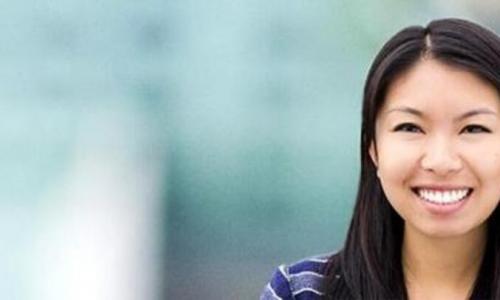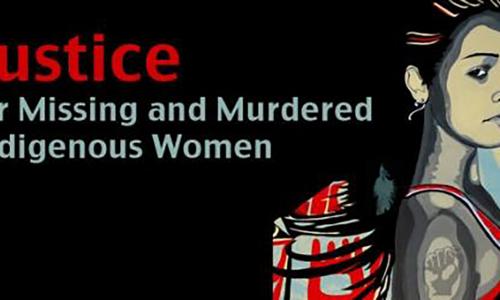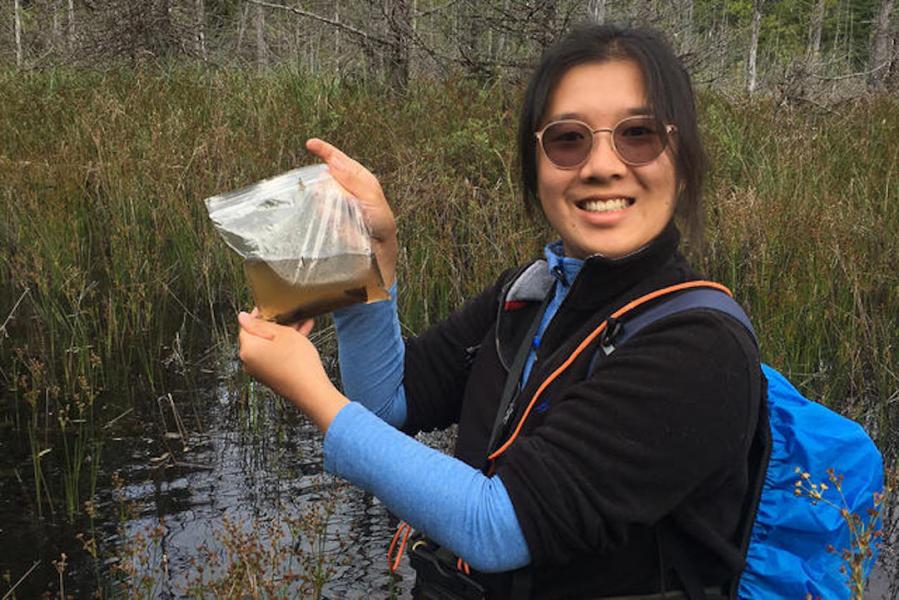
Naiya Tsang came to SFU to pursue a BA in Gender, Sexuality and Women’s Studies (GSWS) with a minor in Biological Sciences to hone a more balanced understanding of our social and natural worlds.
“I believe studying both science and the marginalities within society allows us to use a lens of compassion while also critically evaluating both quantitative and qualitative information, and can allow us to make strong, informed choices,” she says.
Tsang is graduating with a BA as a GSWS major this June and says such courses as Feminist Sciences Studies and Sociobiology, Critical Disability Studies, and Dude Where’s My Body: Biopolitics, Biotechnologies, Bioecologies, opened her eyes to disciplines and histories that she didn’t know existed.
Naiya says the major highlight of her undergraduate studies was an open-access journal that she published with her classmates and Dr. Ela Przybylo. This experience has inspired her to pursue a career in an area that uses a dialogue-centered approach to address both climate change action and equity.
Read more below about Naiya’s experiences during her undergraduate studies at SFU.
Why did you choose to major in Gender, Sexuality, and Women’s Studies, and minor in Biological Sciences at SFU?
I chose to major in Gender, Sexuality, and Women’s Studies, and minor in Biological Sciences because they allowed me to study both the social and natural worlds simultaneously. I was able to explore ideas that often contradicted one another, led me to discover entire disciplines and histories I hadn’t known existed, and meet incredibly intelligent, interesting people in both spaces. I believe studying both science and the marginalities within society allows us to use a lens of compassion while also critically evaluating both quantitative and qualitative information, and can allow us to make strong, informed choices.
What were your favorite courses or instructors during your undergraduate degree? What assignments or projects were highlights?
My favourite instructors and courses were Dr. Coleman Nye who taught Feminist Sciences Studies and Sociobiology, Critical Disability Studies, and Dude Where’s My Body: Biopolitics, Biotechnologies, Bioecologies; Dr. Ela Przybylo who taught Intersectional Feminist Journal Praxis, Dr. Tiffany Muller Myrdahl who taught Gender, Sex, and Numbers; Dr. Sherryl Bisgrove, Dr. Zamir Punja, Emily Betz, and Ranah Chavoshi who taught Biology of Algae and Fungi, my instructors at the Bamfield Marine Science Centre course I took: Dr. Caroline Fox, Dr. Barb Beasley, and Rylee Murray, who taught Coastal Biodiversity and Conservation; and my instructors for Semester in Dialogue: Climate Futures – Michael Small, Deborah Harford, and Patricia Lightwood. Each of these courses had interesting, real-world projects, and utilised a range of interdisciplinary methods. In particular, I am most proud of the public dialogue my cohort organized with Semester in Dialogue, the open-access journal my classmates and I published with Dr. Pryzybylo, and the study on invasive European green crabs my group conducted in Bamfield.
What extracurricular activities or campus clubs did you participate in during your time at SFU? What event or activity are you most proud of contributing to?
While at SFU, I sang in the SFU Choir and dragon-boated for a couple of terms. I also volunteered at the Women’s Centre for a while, facilitating the feminist writing collective Inkandescent. We didn’t have a huge turnout, but the sessions we ran were fun and I enjoyed doing them.
What are your short or long term goals, now that you are finished your degree?
My short-term goals (but possibly long-term, as well) are to continue working at the Vancouver Public Library, learn another language, and teach myself how to code better. My long-term goals are to hopefully work in an area that uses a dialogue-centred approach to address both climate change action and equity.
What has been the key to your success? Can you offer any advice or words of wisdom and encouragement to new undergraduate students in your field?
My key to success has been perseverance and patience. It’s been a long six-years getting to this point, as I did school, worked, and recovered from several concussions, but I’m proud that I made it this far, and was able to create interesting projects with wonderful, smart people. If I could offer any advice to new undergraduates, it would be to take advantage of some of the special programs outside of the regular academic track, such as Co-op, Semester in Dialogue, and field schools, as these were the most rewarding experiences for me, and where I made some of my best friends.
This story was originally published on the Gender Sexuality, and Women's Studies website on June 9, 2020.




